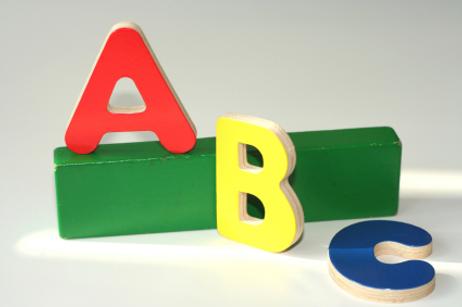This guide is designed to provide teachers and administrators seeking employment in private schools a road map for the job search process. It is written for teachers as well as admissions and business office professionals and those seeking positions as dean of students and head of school.You will find plenty of practical advice about applying, networking, using job boards and much more.
- Apply Correctly by:
- Manage your Job Search Process by:
- Manage Job Interviews by:
- Protect Your Attitude & Morale if:
- Working with Agencies and Recruiters


















-8okvj5w8m60w0ws40oocok84w-280.jpg)


-4c3194pi4wis8gsg004w0g44w-280.jpg)


